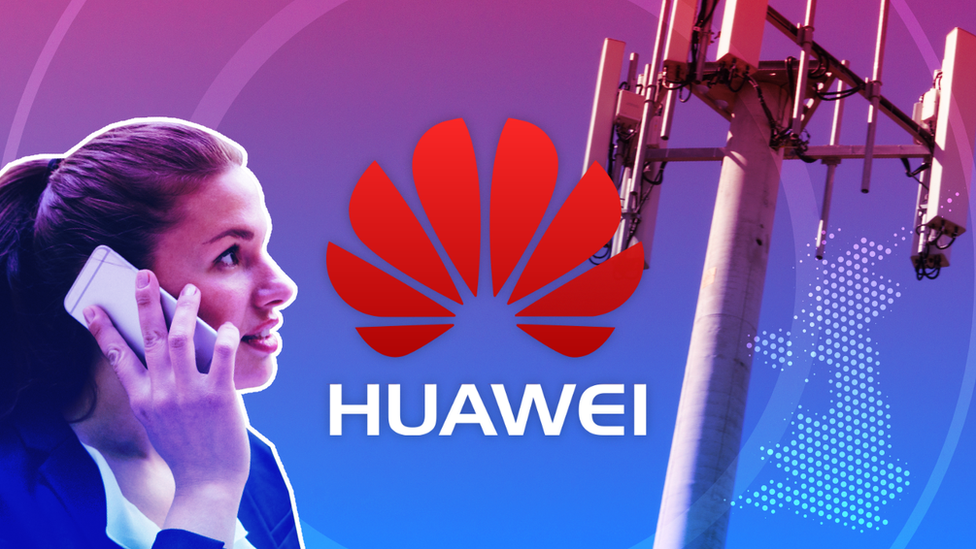
The government of Canada disclosed this in a statement that cited national security concerns for the move. The statement further claims that the suppliers of these products could be forced to comply with “extrajudicial directions from foreign governments” in ways that could “conflict with Canadian laws or would be detrimental to Canadian interests.”
According to reports making rounds at this time, starting in September, Telcos in the country will now be prevented from procuring new 4G or 5G equipment from the companies. The reports further claim that all Telcos in the country must have removed all ZTE- and Huawei-branded 5G equipment from their networks by June 28th, 2024, also equipment must also be removed from 4G networks by the end of 2027. In a statement, the Canadian government said that “We are committed to maximizing the social and economic benefits of 5G and access to telecommunications services writ large, but not at the expense of security.”
With restrictions announced by the Canadian government on the use of Huawei and ZTE equipment in a telecommunication network, Canada becomes the latest member of the Five Eyes intelligence alliance which consists of the United States, UK, Australia, and New Zealand, make such a move. While the telcos in the US are currently pushing billions of dollars into removing and replacing the equipment in their networks, the UK already placed a ban on the usage of Huawei’s equipment since 2020 and ordered its removal by 2027. Australia and New Zealand have also made restrictions moves, both countries restricted the use of their equipment on national security grounds.
According to CBC News reports, at the core of concerns is China’s National Intelligence Law, which critics claim can be used to make Chinese organizations and citizens cooperate with state intelligence work. The fear now is that this could be used to force Chinese tech companies like Huawei and ZTE to hand over sensitive information from foreign networks to the Chinese government.
Huawei has disputed these critics’ claims, the company says these claims are based on a “misreading” of China’s law. China’s Canadian embassy in a response to Canada’s ban said “China will comprehensively and seriously evaluate this incident and take all necessary measures to safeguard the legitimate rights and interests of Chinese companies.” ZTE said in a statement it is aware of Canada’s “regrettable” decision and rejects the premise of this “highly speculative” announcement.
It took Canada about three years to come to its decision on the use of Huawei and ZTE equipment in its telecoms networks. A period Bloomberg reported to have witnessed severe tension in relations between Canada and China. In December 2018, Canada arrested Huawei’s Chief Financial Officer Meng Wanzhou on the bases of suspicious violation of US sanctions. In a matter of days later, two Canadian nationals, former diplomat Michael Spavor and entrepreneur Michael Kovrig were imprisoned in China. After the US arranged and concluded a deferred-prosecution deal with Meng’s release and pass to return to China last year, the imprisoned Canadians were also released.
Politicians of the opposition party have criticized the Canadian government for its delay to reach a decision amidst diplomatic tensions with China on a matter detrimental to Canadian interests. Conservative MP Raquel Dancho said in a statement reported by the Toronto Sun said that “In the years of delay, Canadian telecommunications companies purchased hundreds of millions of dollars of Huawei equipment which will now need to be removed from their networks at enormous expense.” But Bloomberg reports claims that telcos like BCE and Telus over fears of an eventual ban quickly decided on winding down the use of Huawei’s equipment.
Discover more from TechBooky
Subscribe to get the latest posts sent to your email.






